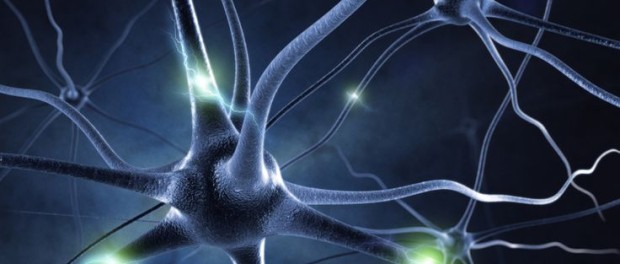Memory retrieval by activating hippocampus engram cells in the brain
Memories banished by Alzheimer’s can in theory be rescued by stimulating nerve cells to grow new connections, a study has shown.
The research, conducted in mice, raises the possibility of future treatments that reverse memory loss in early stages of the disease. Scientists used a technique called optogenetics, which uses light to activate cells tagged with a special photo-sensitive protein.
It was tested on mice with Alzheimer’s-like symptoms that quickly forgot the experience of receiving a mild electric shock to their feet. After tagged cells in their brains were stimulated with light, their memory returned and they displayed a fear response when placed in the chamber where the shock had been applied an hour earlier.
The optogenetic treatment helped the neurons re-grow small buds called dendritic spines, which form synaptic connections with other cells. Although the same technique cannot be used in humans, the research points the way to future memory-retrieving therapies, say the researchers.
- (Nature) Memory retrieval by activating engram cells in mouse models of early Alzheimer’s disease
http://www.nature.com/nature/journal/v531/n7595/full/nature17172.html - (The Guardian) Nerve cell stimulation ‘may recall memories’ in Alzheimer’s patients
http://www.theguardian.com/society/2016/mar/16/nerve-cell-stimulation-recall-memories-alzheimers-patients - (NIH) Optogenetic stimulation of a hippocampal engram activates fear memory recall
http://www.ncbi.nlm.nih.gov/pmc/articles/PMC3331914/ - (MIT) Researchers find “lost” memories
http://news.mit.edu/2015/optogenetics-find-lost-memories-0528 - (Neuroscience News) Memories Lost to Alzheimer’s Can Be Found
http://neurosciencenews.com/optogenetics-alzheimers-memory-retrieval-3867/

